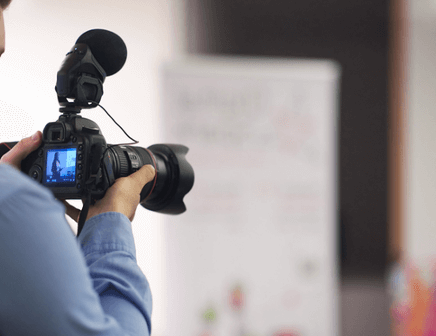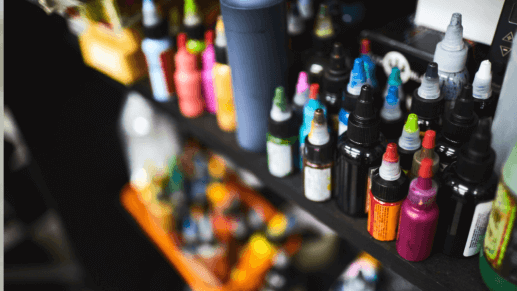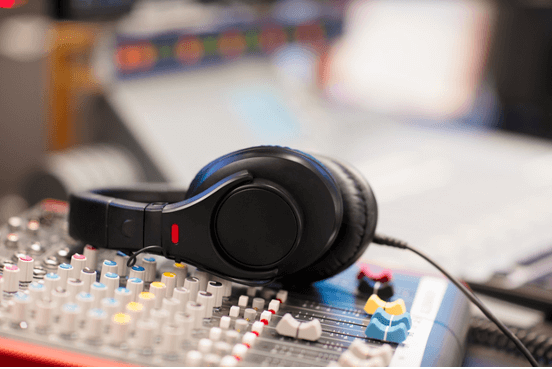Online Film School Free » Film Directing Course » Film Cinematography for Directors » Buying a Video Camera
Buying a video camera - Beginner's guide



Most beginning filmmakers think that as long as a video camera can shoot in 1080p and has manual controls it’s a good video camera to start with, but buying a video camera is not that easy in real life. There are just too many video cameras out there. and every one of them has different interesting features you can use. The purpose of this guide is to explain the key technologies and features you need to look at when buying a video camera, so you can make an informed buying decision.
What to look for when buying a video camera?
Before running to buy your dream camera, you should know what are your goals for it. You should cover as many elements as you can, so you won’t fail on something silly (For example excellent camera quality, but there is no option to zoom in or bad focus). So here are some things you should be considering before buying the camera:



Buy video camera within your budget
Be realistic!
Know how much you can spend on a camera, but also what camera will fit your needs. Everyone wants to shoot with the RED cameras or 4K cameras, but do you really know how to use it? Is your post ready to deal with the RED camera’s files?
When making the budget for buying a video camera, you should also think about the accessories that come with it like extra batteries, tripod and so on (I’m going to talk about it in the next passage) If you don’t have enough money to get what you need, you can always check the used camcorder section, but you should be careful over there.
You can get an older standard def camera that shoots 24p for around $500, but maybe you’ll prefer a newer HD camera. There are good new HD cameras out there, but you might need to give up the manual control as possible.
Accessories with the camera
So you buy a video camera that doesn’t cost much, but then you find out that you need to buy also special lenses and equipment that is expensive. For example, you might see a good camera, that will need a special lens to shoot in darker locations. so always check the equipment that comes with the camera. Personally I recommend buying a video camera that has the possibility to attach different lenses. That gives you more control over your shooting. If you are buying a camera that needs other lenses, you should also check if the camera accepts third party lenses too. If there are lenses or other equipment that comes with the camera, check their quality, and see if that’s what you need. Can the lens cover enough wide-angle? How is the zoom in? If there is a “Macro” mode, see how big it is. Different lenses have different macro sizes. How easy is it to change focus? Check the aperture ability of each lens you get (you can read about the aperture in this article about the depth of field ). There are many things to check when you buy lenses so I’m starting to feel that an article about the subject will be uploaded soon.
Camera Options
There are so many things to test before you buy a video camera. I’m talking about things like checking it performance when shooting in low light, shooting in a place with a wide range of lights, how well does the auto mode work – especially the autofocus, and much more. But the first thing I recommend to check is how comfortable the camera feels to you. So start by checking these things:
- The most crucial element for most filmmakers is to be able to shoot in 24fps so this is the first thing you should be checking.
- If you are planning to send the movie to distributors then maybe having a 4k option, is recommended too. It’s also makes editing and composition correction much easier.
- Is it possible to zoom in (you’ll be surprised how many video cameras today do not have this option) and whether its movement is smooth?
- Is there a manual focus? If so, where is it’s the button? Is the button located in a place easy to reach during shooting?
- Does the camera have manual and auto modes The professional camera operators will always prefer manual because it gives them more control, on the other hand, sometimes you want to work with an automatic camera like when you are shooting sports events or documentary or when you shoot candid camera.
There are cameras that offer certain effects or options or dissolve option. I strongly discouraged those features. It is best to shoot clean and then put the effects in the editing stage. 4
Resolution – 4K, 8K or 1080p?
The most commonly quoted video specification for a video camera is the resolution, The 4K is a new resolution that most video cameras are proud of. Video resolution is the amount of pixel each frame of the image contains. The truth is that we still live in an HD world, especially on TV. If you are just starting out as a filmmaker, I wouldn’t recommend running to buy a 4K, but if there is a camera you like that has 4K option, take it! So what’s so special about shooting in 4K? Well, let’s just say that if you thought Full HD gave a detailed picture, the 4K is even more detailed. Video editors also love 4K, because it allows them to zoom in on the picture (When editing in Full HD), without losing any quality.
When buying a 4K video camera, you need to take these things under consideration:
- 4K creates heavy files – Do you have enough storage for them? Do you have a computer strong enough to edit with this type of files?
- 4K won’t make your image better – Yes, it does make your image sharper, but you don’t create a good image simply by buying a good camera. You make it with good lighting, framing, and colors.
- Not all 4k is better than HD – A video camera can shoot in a 4K, but have the ability to record only in a low bit rate with low quality of colors is no better than shooting in HD.
OLPF filter
If you’ve already started to look for a video camera, you’ve probably seen the OIPF filter (AKA Anti-Aliasing or AA) mention in the features. This is a pretty new trend in cameras today. Some of the digital cameras now don’t have the OLPF filter and it makes the image sharper, by preventing the lens from catching any false colors. You can find some videos that compare the cameras that have OLPF filters and those that don’t have. To tell you the truth, I personally don’t see a big difference between the two. Maybe if you really zoom in on a picture, you can see something, but I wouldn’t pay a lot more for that.
Image Stabilization
A shaking camera can really ruin a good shot. That’s why many cameras now have an image stabilization feature built-in or in the lens. What the image stabilization camera does is allowing you to shoot at a slower shutter speed, which means the image sensor has a longer time to be exposed to the light, so basically, it helps you capture a stable shot. Nikon and Canon usually use lens stabilization, while manufactures like Sony use built-in camera stabilization features. If you plan to shoot handheld a lot, you need to test this feature in your camera before buying it. It doesn’t mean you can start running free with it, and it is also not recommended to use when shooting a scene with a lot of action in it.
Testing the Camera’s Main Features
As said before, there are a lot of things to check, but after you decided the camera is comfortable enough you need to check its quality, especially the image sharpness. Start by shooting a location with many different colors like the one here. Now save the video in the best format it has and see the picture. Now, shoot it again, while your camera is sitting on a tripod and test the manual exposure (testing the autoexposure is fine for now). Now, to make the test complete, open the files in editing software. Play around with colours, zooming in, etc, and see how well the exported result is.



The video cam sound tools



When you buy a video camera, you should check if there’s an option to attach a microphone? If so, you should check how it sounds. Connecting professional microphones usually called XLR connectors, so you should pay attention if there is such a connection. You should also check the quality of the camera’s microphone and a headphone jack is highly recommended that camera.
Talk to the Cinematographer
If you buy a video camera for the next film you are shooting, check with the cinematographer, what look you’re looking for a movie, do you intend to shoot with a Steady Cam, camera tripod, or on the shoulder? What kind of shots will be in your film? For example, The Canon Dual Pixel CMOS AF is a 70D camera, which means it has good autofocus that is able to adjust fast while the characters are moving.
Batteries
The new camera’s batteries have a tendency to run out quickly.
Find out about them and how much it costs to buy a Battery that holds several hours.
LCD screen and viewfinder
The LCD screen is a small screen that flips out from the camera so you can see what is filmed. It will be better if the screen will be a removable one and that you can rotate it down (if you pick up the camera to shoot from above) and vice versa. In addition, it should be possible to watch through a viewfinder. Sometimes it is more convenient and more accurate.
The post-shooting stage
You don’t want to end up with a camera that will make your post-editing stage long and expensive, that’s why, before you buy a video camera, you’ll need to check if the files that the camera produces are such that video editors can easily insert into their editing software without conversion. Conversion of the files might mean losing some quality and time. Go to our Film Editing Online Course to read the lesson about conversion files. Some cameras have a convert software you can download from the website that does a good conversion for specific video editing software.
I hope this helps you. You can figure out that buying a video camera is a step that has to be done carefully. Sometimes it’s the little bugs in the camera that can create an ongoing frustration later. I really recommend reading the reviews of every camera you plan to buy.
If you are just starting, I recommend not to spend more than 500$ on a camera, but make sure you are buying from a reliable company. Also, it’s good to remember that eventually, It’s all about your cameraman- you can give a cheap camera to a top cameraman and give the best camera to a beginner cameraman, in most cases, the cheap camera will come out better. In the end, it’s not about the size of your camera, it’s how you use it that counts.




